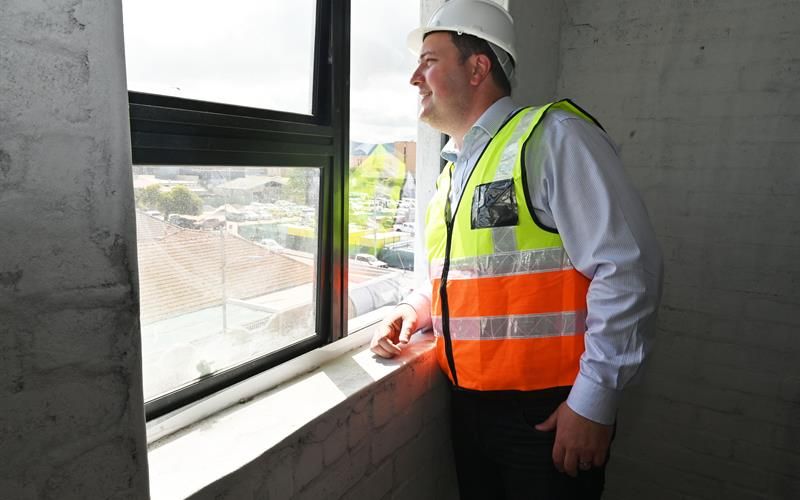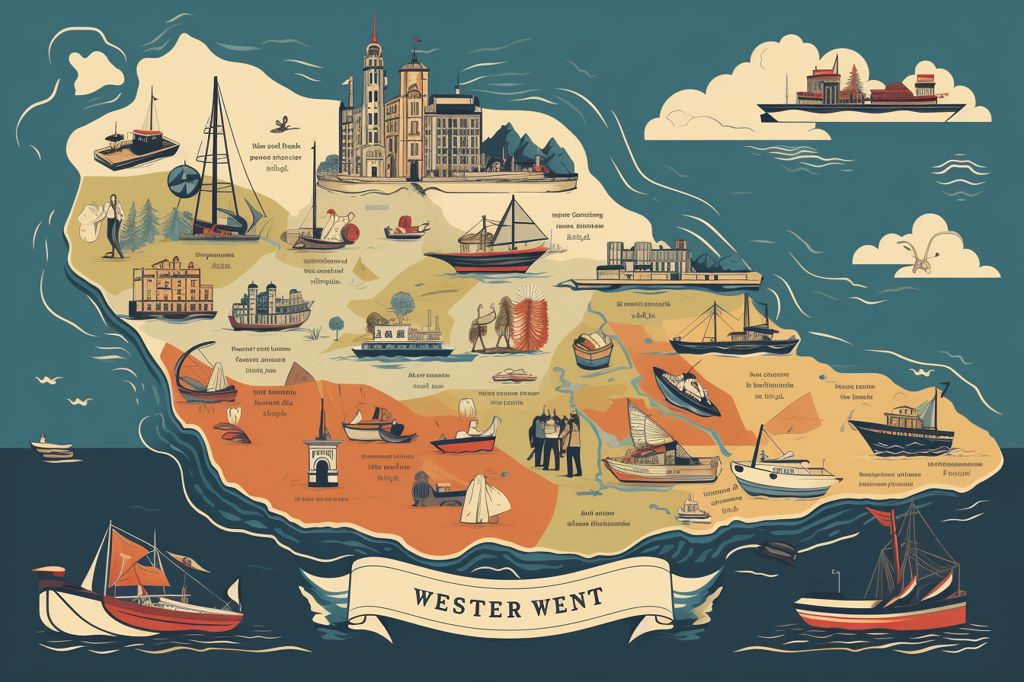A Promising Housing Initiative in Cape Town
The Goodwood social housing mega-project is on the verge of completion, heralding a new era of affordable rental opportunities for over 1,000 families in Cape Town. This monumental project, set to begin tenanting in November 2023, is a shining example of the power of collaboration between different stakeholders to foster urban transformation and social integration.
Positioned along the strategic Voortrekker Road corridor that links Cape Town’s central business district and Bellville, the Goodwood Station complex caters to families earning a combined monthly income of less than R22,000. Its prime location grants residents exceptional access to crucial economic and transport centers, making it an attractive option for those in search of affordable housing within the city limits.
The Goodwood Station project is a product of a strategic alliance between the City of Cape Town, the Social Housing Regulatory Authority (SHRA), DCI Community Housing Services, the Passenger Rail Agency of South Africa (Prasa), the Infrastructure Fund, and others. The city has backed the R575m development by providing urban settlements development grant funding, land for parking, and a variety of incentives to guarantee the project’s financial and operational success.
Cape Town’s Commitment to Affordable Housing
The Goodwood Station development is just one part of the city’s continuing dedication to offering well-situated, affordable housing options. As the City’s 204-unit Maitland Mews social housing development begins tenanting, neighboring Parow has released land parcels for the construction of 630 social housing units. The 314-unit Bothasig Gardens development is already finished, while the City is supporting the Western Cape Government’s Founder’s Garden precinct and the Conradie Park development in the inner-city suburb of Pinelands. The first phase of these projects has seen the construction of 432 social housing units.
Over 2,000 social housing units achieved critical approval stages within the first year of the Priority Programme for accelerated land release. Cape Town Mayor Geordin Hill-Lewis stated that the City has also approved guidelines for discounting public land to maximize affordable housing units and ensure project viability on the released land.
Social housing institutions (SHIs) manage social housing and rely solely on rental income, as they do not receive operational grants. Tenants formally enter into lease agreements with the SHI, which acts as the landlord. These rental agreements are similar to standard contracts, requiring tenants to abide by terms and conditions, including rent payment, to maintain their occupancy. The rental income generated is used for daily operations and maintenance of the complex, with the City having no involvement in management, rental amounts, or eviction processes.
The Benefits and Impact of Social Housing
Before applying for social housing, potential beneficiaries must register on the City’s Housing Needs Register. Projects are built on well-located, accessible land in and around urban centers. Social housing is distinct from low-income government-subsidized housing, such as Breaking New Ground (RDP housing) and City Council Rental Units. Social housing developments offer enhanced access to social facilities and other amenities, managed with 24-hour security and access control. The City may also sell City-owned land at a discounted price for social housing projects to ensure their financial feasibility.
Social housing’s effects go beyond providing affordable living spaces. By transforming vacant land into valuable assets, these developments help increase property values in nearby areas. Additionally, an average of five households benefit from a single grant subsidy for social housing compared to one household for Council rental units.
The Goodwood Station development marks a significant step in Cape Town’s commitment to affordable housing, but it is only the beginning. With over 6,500 social housing opportunities and 50 land parcels in the planning pipeline across the city, the City is forging ahead to create more inclusive and accessible urban environments for all residents. As the Goodwood mega social housing project approaches completion, it stands as a beacon of hope and progress that will soon become home to thousands of families.








